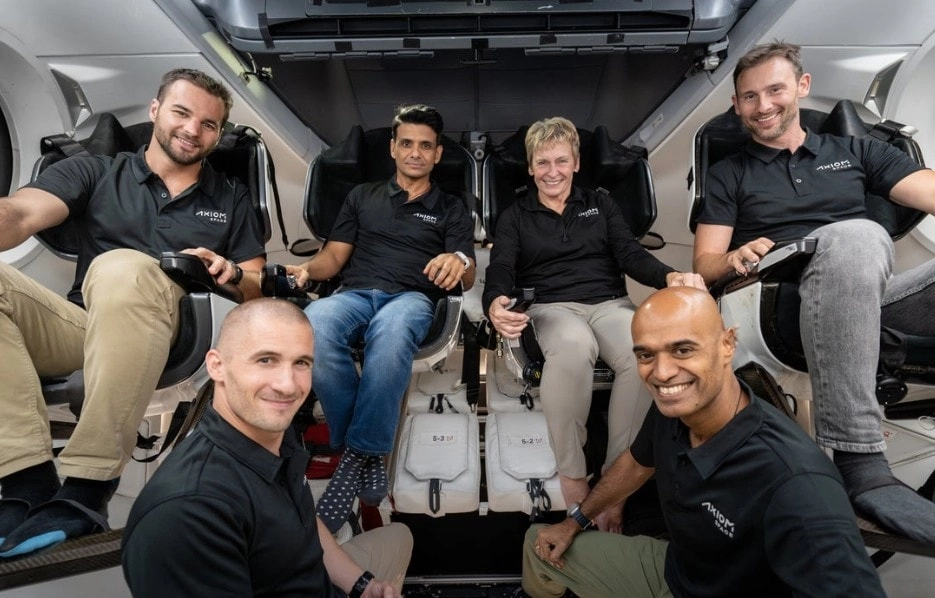The collaboration between the Indian Space Research Organisation (ISRO), NASA, and the European Space Agency (ESA) marks a significant milestone in international space exploration. This partnership is set to enhance scientific research and technology development through a series of experiments on the Axiom-4 mission, which is part of a broader initiative to advance human presence in low Earth orbit. The Axiom missions aim to create a commercial space station that will serve as a platform for a variety of scientific experiments, technological advancements, and international cooperation in space.
One of the primary objectives of the ISRO-NASA-ESA collaboration is to leverage each organization’s strengths and expertise to conduct innovative experiments that can lead to breakthroughs in several fields, including life sciences, material science, and physical sciences. The experiments planned for Axiom-4 will focus on understanding the effects of microgravity on biological systems, testing new materials for use in space, and conducting fundamental physics experiments that can only be performed in the unique environment of space. This partnership not only fosters scientific exploration but also promotes the sharing of resources and knowledge among leading space agencies.
Moreover, the Axiom-4 mission represents a step towards building a sustainable framework for future human activities in space. By working together, ISRO, NASA, and ESA are not only sharing the logistical and operational burdens of space missions but are also setting an example for global cooperation in addressing the challenges of space exploration. This partnership exemplifies how nations can unite for the common goal of expanding human knowledge and capabilities beyond Earth, thereby paving the way for future missions to the Moon, Mars, and beyond.
In addition to its scientific and technological contributions, the ISRO-NASA-ESA partnership on Axiom-4 is expected to inspire a new generation of scientists and engineers. By showcasing the possibilities of collaboration in space exploration, this initiative can encourage educational programs and outreach efforts aimed at young people around the world. As these agencies work together to explore the frontiers of space, they are also cultivating interest in STEM fields, which are crucial for the continued advancement of humanity’s capabilities in science and technology. The success of Axiom-4 could serve as a model for future international collaborations, reinforcing the idea that space exploration is a collective endeavor that transcends national boundaries.




